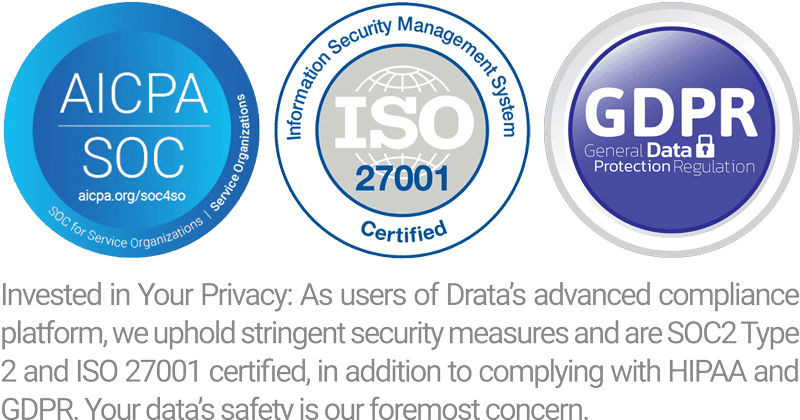5 Ways Marketing Automation Simplifies Sales Tasks
 Any automated task provides exceptional time-saving opportunities for businesses to both increase sales funnels and effectively raise ROI. Marketing automation, simply defined as any software platform which streamlines automated tasks for marketing departments, provides an avenue for employees to specifically require certain contingencies which software executes. When viewing the grand scheme of marketing processes altogether, we’ve developed 5 unique ways marketing automation simplifies sales tasks simply by having powerful ‘computerization’ in place.
Any automated task provides exceptional time-saving opportunities for businesses to both increase sales funnels and effectively raise ROI. Marketing automation, simply defined as any software platform which streamlines automated tasks for marketing departments, provides an avenue for employees to specifically require certain contingencies which software executes. When viewing the grand scheme of marketing processes altogether, we’ve developed 5 unique ways marketing automation simplifies sales tasks simply by having powerful ‘computerization’ in place.
Tracks Behavioral Patterns
B2B customers have specific predefined criteria when seeking products and services online. Traditional methods of marketing have little opportunity for success as drip campaigns, social media and many other manually intensive tasks consume time. Marketing automation provides sales departments with fresh leads easier than conventional methods that require screening, manual lead distribution and a repetitive lead funneling process. In other words, B2B marketing automation simply makes the filtration process much quicker than before, especially when specifically interested in behavioral patterns.
Clarifies Buying Process
Sales executives often aren’t informed properly regarding who’s interested in what; they’re more concerned about warm leads hit their desks than arguing marketing semantics. Sales managers typically set expectations to interview potential B2B buyers before selling products. Marketing automation provides salespeople more authentic measures of knowing who arrived, from where, and what specific product or service is being viewed. The dubious task of closing the sale becomes more exacting. Clarification of the buyer cycle becomes more specific to each buyer instead of the collective lead pool being collected.
Helps Customer Understand Needs
Occasionally, B2B customers have little idea what they’re wanting to purchase since a complete definition of their problem isn’t known. Customers head to various service websites, fill out several contact information forms and make numerous phone calls. Have you ever noticed not many contact forms feature “I don’t really know my problem” buttons or drop-down menu entries? Marketing automation could still effectively channel B2B buyers towards proper sales team members who’ll address the problem, fit that with services within the company’s menu and discuss what matches were made and why. From there, businesses not only close the deal, they manage to assist another business’ growth strategy, even if they didn’t know much going into a meeting with the company’s sales person.
Quickens Lead Scoring Process
Automation processes greatly benefit marketing teams; case in point, it helps score leads before being sent to sales making it much easier than doing so with traditional spreadsheets and eye strain. Lead scoring must have accurate outcomes; the process becomes rather painstaking without software. Sales departments will appreciate scored leads before pitching B2B customers too; which begins with having quicker lead scoring processes.
Frees Up Time For Improvements Elsewhere
When businesses have more time for improving departmental processes, the entire business model becomes less volatile than when tasks pile up or employees are out of sync. Marketing automation has one primary: create human perceptions of B2B buying processes inside an algorithm to spit out easily predictable buying signs which sales departments can use during phone calls. Once the automation process has been perfected, marketing professionals can focus on improving other areas, such as lead scoring models, marketing pitches, landing pages and so forth. All told, B2B customers have every right to unknowingly stumble onto your website, discover services which may benefit their own core objectives and contact you. It’s up to an accurate marketing automation process to properly channel those interactions towards departments which can fulfill expectations – whether known or not – by customers seeking business assistance from your firm.


